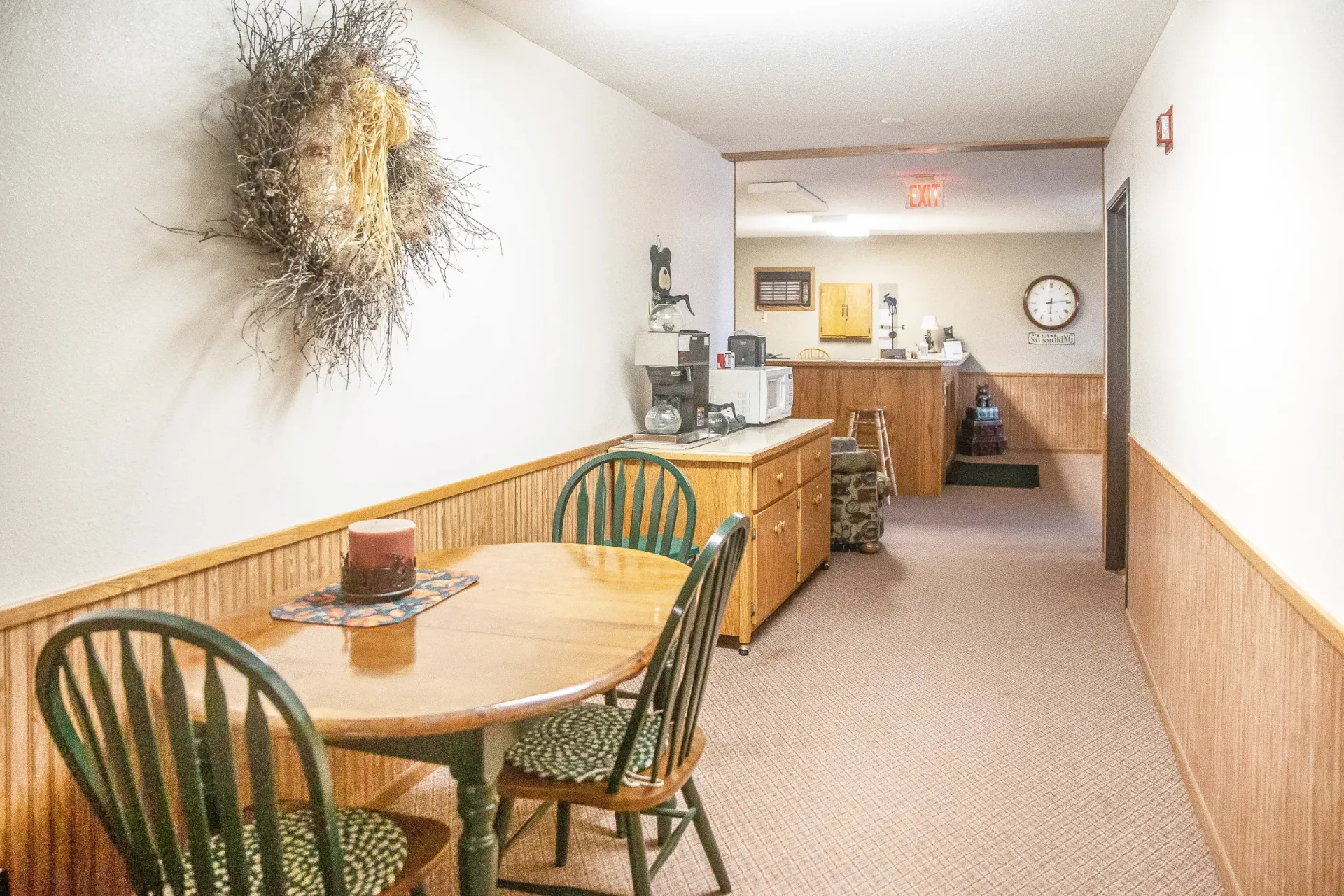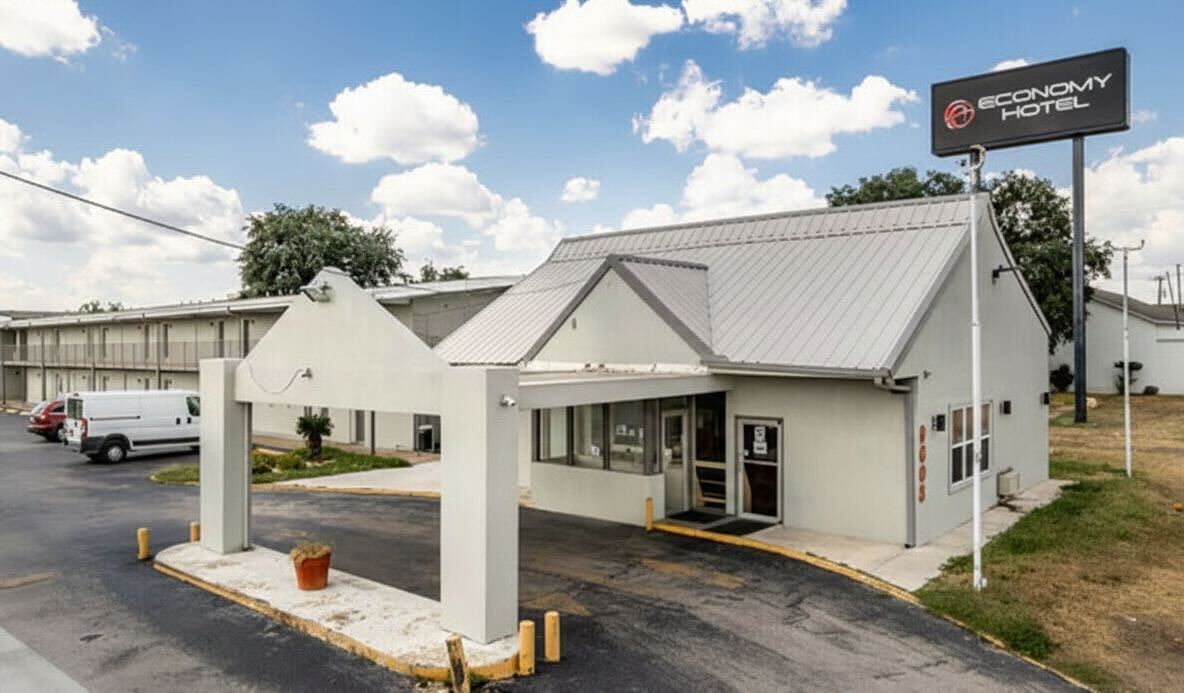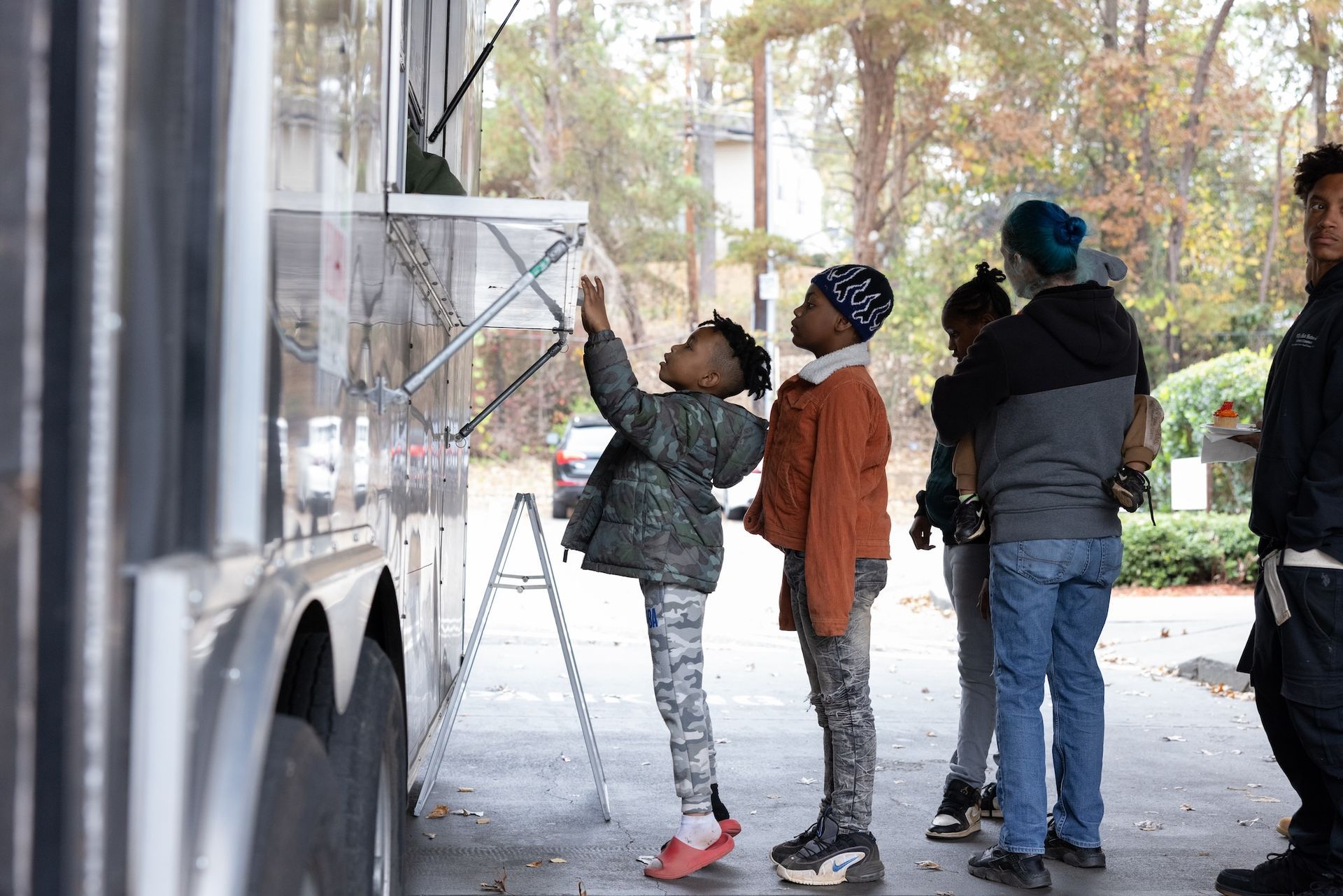Building Stronger Communities: The Power of Partnerships in Affordable Accommodations
In the quest to enhance the well-being of communities, partnerships between affordable accommodation providers, nonprofit organizations, and government entities play a pivotal role. This synergy not only amplifies the impact of affordable accommodations but also fosters a supportive ecosystem for the residents and the community at large. Here’s an exploration of how these collaborations benefit communities:
Expanding Access to Essential Services
Partnerships with nonprofit organizations can significantly extend the range of services available to residents of affordable accommodations. Nonprofits often have expertise in specific areas such as job training, healthcare, education, or food security. By collaborating, accommodation providers can offer residents access to these essential services, directly impacting their quality of life and long-term well-being.
Enhancing Stability and Security
Government organizations often have resources and programs specifically designed to support housing stability. Through partnerships, affordable accommodation providers can help residents access these resources, such as rental assistance, utility subsidies, or legal aid for housing issues. This assistance is crucial in preventing homelessness and ensuring long-term housing security.
Fostering Community Engagement and Empowerment
Collaborations with local nonprofits and government bodies can lead to community-driven projects and initiatives. Such projects, which might include community gardens, local clean-ups, or educational workshops, not only improve the physical environment but also strengthen community ties. Residents gain a sense of ownership and pride in their neighborhood, fostering a more cohesive and supportive community.
Economic Development and Job Creation
Partnering with local businesses and government agencies can spur economic development within the community. These partnerships can lead to job creation and training opportunities for residents, thus enhancing their economic stability and independence. Additionally, the presence of affordable accommodations can attract more businesses to the area, boosting the local economy.
Addressing Broader Social Issues
By working together, affordable accommodation providers, nonprofits, and government organizations can address broader social issues that affect the community, such as poverty, inequality, and access to education. These partnerships allow for a more holistic approach to tackling these challenges, making a more significant impact than any one organization could achieve alone.
Leveraging Resources for Greater Impact
Collaborative efforts often mean pooling resources, knowledge, and networks. This collective approach allows for more substantial investments in community infrastructure, better program design, and a broader reach. By leveraging each partner's strengths, communities can benefit from more efficient and effective solutions to their challenges.
Conclusion
The collaboration between affordable accommodation providers, nonprofit organizations, and government entities is more than a strategic alliance; it's a commitment to community transformation. These partnerships not only enhance the living conditions of residents but also contribute to the overall health, prosperity, and vibrancy of communities. By joining forces, we can create a more equitable and thriving society for all.
This is paragraph text. Click it or hit the Manage Text button to change the font, color, size, format, and more. To set up site-wide paragraph and title styles, go to Site Theme.












